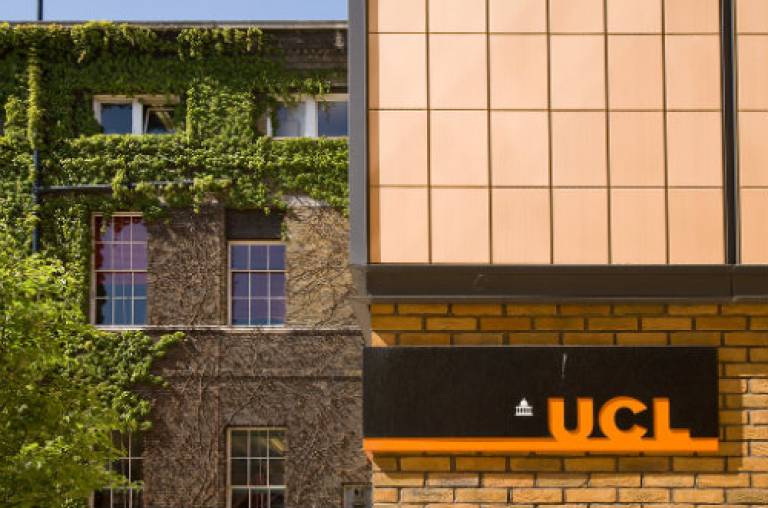Educating the next generation of scientists through supervision
Students find that the skills they learn while conducting their research gives them useful and transferable skills and ultimately prepares them to further their career in science and beyond.

2 September 2015
Conducting a laboratory-based research project has traditionally been a part of the curriculum for 3rd year BSc and MSc students taking Life Sciences subjects.
For most students this is a crucial way of gaining an insight and some experience in to research within their subject area.
Research projects are an essential part of science education
Not only does this project enable students to develop a deeper understanding of a specific research area but they also get to work alongside experienced scientists as part of a team, while developing their own technical and analytical skills in the laboratory.
Most students will conduct a piece of original research, which they then write up as a small thesis.
Our students studying for Life Sciences degrees (BSc or MSc level) need to find a host laboratory in their final year during which they conduct their own project - supervised by researchers in the laboratory.
Over the course of the research project our students have a number of opportunities to develop a range of skills essential for their career: they are involved in the design of their project, while they learn about current research interests in the specific field, so that they can place their own research into the wider context of the subject area.
In the next phase they work alongside their supervisor and learn practical skills in the laboratory as well as facing and dealing with problem solving tasks on a practical level as they conduct and analyse their own experiments.
In the third phase, our students need to summarise their research findings in the form of a write up.
This gives students the opportunity to critically analyse their findings, reflect on them in view of the literature and to develop their own ideas about how their project could be developed further. The expected format of the write up is similar to a scientific research report and therefore gives the students a practical experience similar to publishing in science journals. Thus, students learn to write in the style of the subject area required for scientific writing.
Finally, we ask our students either to present their results as a conference poster or to give a 10 minute presentation in front of the department, for which they need to prepare a power point presentation.
They will need to give a sound background, rationale for their project and provide an account of their findings and a summary of their reflections.
The value of independently undertaking this project is that our students find that the skills they learn while conducting their research gives them useful and transferable skills and ultimately prepares them to further their career in science and beyond.
 Close
Close

